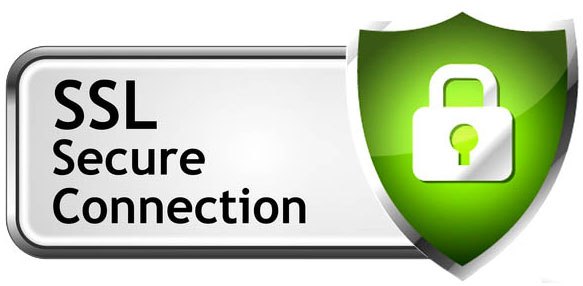Ensuring the security of your website is not just a suggestion; it is an absolute necessity in the constantly evolving digital landscape of today. An integral aspect of website security involves the integration of an SSL (Secure Sockets Layer) certificate. SSL certificates are essential in safeguarding the information exchanged between a visitor's web browser and your website's server, ensuring the privacy of sensitive data. With a plethora of SSL options available, selecting the best SSL certificate for your website can appear to be a daunting task. This article seeks to offer expert advice on choosing the ideal SSL certificate that suits your specific needs.
Identify Your Website's Requirements
Before you can choose the right SSL certificate, you need to understand your website's requirements. Here are some questions to consider:
What type of website do you have? (eCommerce, blog, personal portfolio, etc.)
Do you need to secure subdomains as well?
Are you looking for extended validation (EV) or domain validation (DV)?
Do you need a wildcard SSL certificate?
How much traffic does your website receive?
Are you operating on a tight budget?
Know the Types of SSL Certificates
SSL certificates come in different types, each designed to address specific security and validation needs. The main types are:
Domain Validation (DV): Provides basic encryption and is ideal for personal websites and blogs.
Organization Validation (OV): Offers higher security and authentication for business websites.
Extended Validation (EV): Provides the highest level of trust and security for eCommerce and financial websites.

Understand Wildcard SSL Certificates
If you have multiple subdomains or plan to create them, consider a wildcard SSL certificate. It secures your main domain and all its subdomains with a single certificate, reducing administrative hassles and costs.
Look for Certificate Authorities (CAs)
Choose a reputable Certificate Authority (CA) to purchase your SSL certificate. Some well-known CAs include Comodo, Symantec (now part of DigiCert), and Let's Encrypt (for free certificates). Compare pricing, support, and reputation when selecting a CA.
Check for Browser Compatibility
Ensure that the SSL certificate you choose is compatible with a wide range of web browsers and devices. A certificate's effectiveness depends on how many platforms it can secure.
Evaluate Certificate Lifespan
Certificates have different lifespans, typically ranging from one to three years. Longer certificate durations can reduce administrative overhead, but ensure you renew them promptly to maintain security.
Consider Additional Features
Some SSL certificates come with additional features like a site seal, which displays trustworthiness to visitors, and warranty coverage in case of data breaches. Consider these extras based on your website's needs.
Assess Cost and Budget
The cost of SSL certificates varies widely. While there are free options like Let's Encrypt, paid certificates often offer additional benefits. Analyze your budget and choose an SSL certificate that balances cost and features effectively.
Review Customer Support
Access to responsive customer support can be crucial in case of technical issues or questions. Ensure your chosen CA provides reliable customer support.
Install and Test the SSL Certificate
Once you've selected an SSL certificate, follow the CA's instructions for installation. After installation, test your website to verify that the SSL certificate is working correctly.
Conclusion
Choosing the optimal SSL certificate for your website stands as a pivotal measure in fortifying your online footprint. Through a thorough comprehension of your website's requisites, the selection of the most suitable certificate variant, contemplation of supplementary functionalities, and a judicious assessment of associated expenses, you empower yourself to craft a well-informed choice. It's essential to bear in mind that SSL certificates serve not only as guardians of your website's security but also as architects of trust among your digital audience, a priceless asset in today's digital landscape
Read More:- 15 Ways to Boost Your Business Marketing During the 2023 Holiday Season Read More:- Illuminating Success: How to Grow Your Home Décor Business in Diwali 2023
